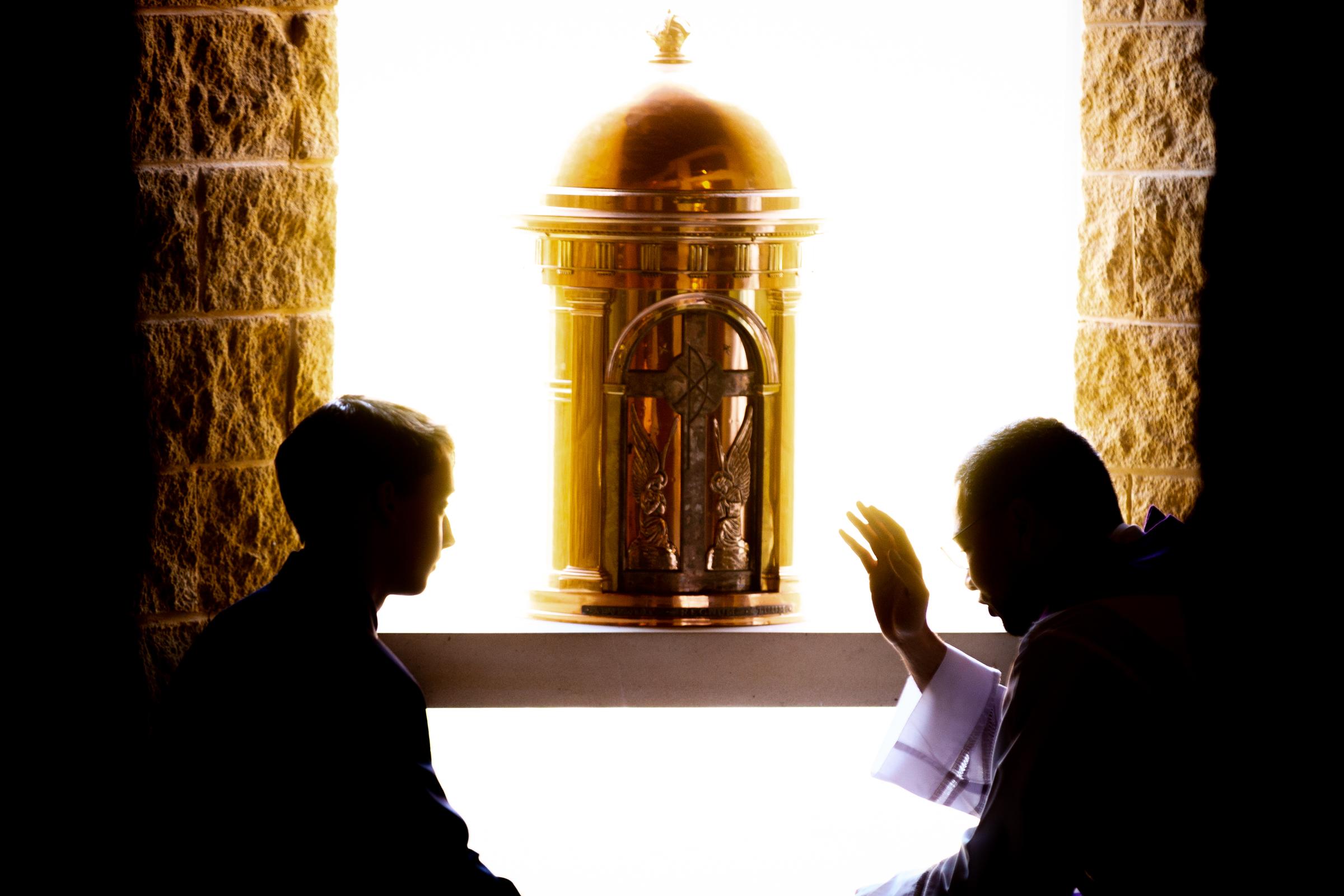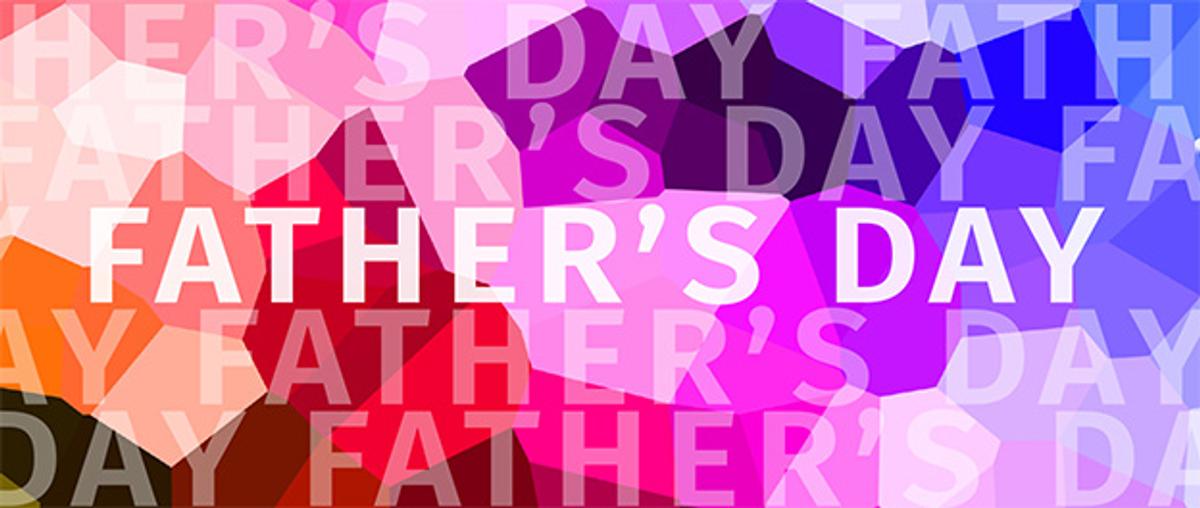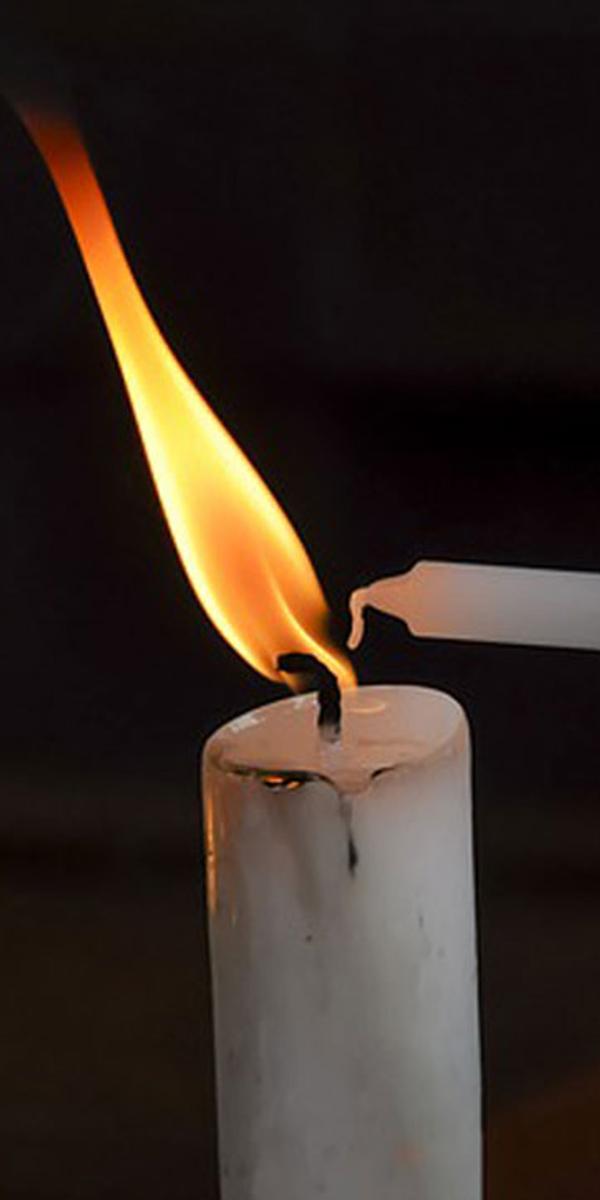Liturgy

Community Mass
Celebrations of the Liturgy on Friday morning are always a joy – thanks to enthusiastic participation of students and their families; the energy of the choir as they lead us in singing, competent altar servers and Father Rodrigo’s warm-hearted presiding.
Parents are always welcome to join – with or without your children! There are no reserved places and everyone is invited. For those able to stay, there is coffee in the Circle of Friends Café after Mass.
Next Friday, 27 August, Mass will be prepared by students in Year 11.
Friday 3 September – special event, commencing at 7:30 am in the St Louis Sport Centre. Join us for a Mass dedicated to fathers and father-figures. Secondary & Primary families all welcome.
Community Mass details
- College Chapel
- Fridays in term time
- Starts: 8:00am and concludes 8:30am
Good News for the 21st Sunday in Ordinary Time
'Lord, whom shall we go to? You have the words of everlasting life.'
John 6:60-69
The reflection for this Sunday’s Gospel is by Jesuit priest, Fr Richard Leonard. Fr Richard Leonard SJ is the Director of the Australian Catholic Office for Film and Broadcasting, is a member of the Australian Catholic Media Council and is author of Preaching to the Converted, Paulist Press, New York, 2006.
I have some sympathy for the response of the Jews to Jesus' hard teaching in today's Gospel! For a Jew to be asked to drink blood is as abhorrent as it gets. It is the same as demanding that an ultra Orthodox Jew eat pork!
In almost all the stories in the Gospel of John there are insiders and outsiders, those who understand the message and those who take Jesus too literally and are offended or confused. The flesh and blood given for the life of the world is at one and the same time the passion, death and resurrection of Jesus celebrated in the Eucharist. Jesus was not, literally, offering his arm for his followers to chew! He was referring to the gift he was soon going to give his followers: the example of utter fidelity to God's Kingdom even unto death, and the meal of that Kingdom, the Eucharist. We are the recipients of both gifts and the commission to live them out. The Bread of Life and the Cup of Salvation is given to us for our mission in the world today and for our journey toward the World to come.
The other response in today's Gospel gives us great hope. In spite of being confused and deserted by his friends Peter hangs in there with Jesus. He holds on to faith when all the signs show that a hasty retreat may be a better course of action. We all know people who remain faithful in the most extraordinary of circumstances. Some of these we can understand – parents with sick children or spouses with ill partners. It's heroic, but understandable. But sometimes fidelity is heroic and inexplicable: when a spouse welcomes back his or her partner after an adulterous affair; when a foreign-born priest or religious will not abandon an oppressed community; when a person will fight a just cause and be persecuted all the way to the end. These are powerful signs of faithful love at work too. It's a fine line to know when fidelity is ‘dying to self' not 'killing self'. We are called to the former and often seduced by the latter.
James Keenan in his excellent book, Virtues for ordinary Christians says that fidelity is the bottom line of the Christian life. He argues that the Church has spent too much time preaching about ‘infidelities’ and too little time teaching about those things that strengthen fidelity. He says,
‘Each person has two major moral goals in life: to be just and to be faithful’.
Being faithful to his Father, and to us, sums up what Jesus does for our salvation and is exactly what he calls forth from the disciples in today's Gospel. Perhaps because we too easily think it is something difficult, we presume that being faithful to our friends is hardly a moral issue. Yet once we see that friendship is the key to the moral life then we can come to see that living the moral life is about the ordinary interactions of our day.
James Keenan writes,
‘To this end we may need to make more calls, write more letters, cook more dinners, take more strolls, linger a little longer with a friend. We may also need to disengage ourselves from the habit of counting or measuring what the other does or does not do or say’.
May our celebrations of the Eucharist enable us to respond to the invitation of the Holy One of God to place fidelity and friendship at the centre of our moral life and attend to the everyday activities that will sees us live it out.
© Richard Leonard SJ


